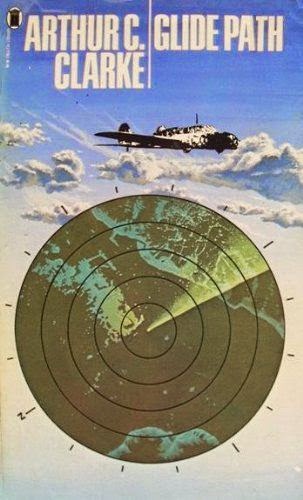

The Deep Range: A hundred years into the future, humanity lives mostly on the oceans, tending vast whale herds and plankton farms. This collection not only thrills and excites readers with Clarke's passion for science fiction and speculative work, but his words ask readers big questions about what it means to be human, and humanity's relationship with nature and technology. Clarke here.A collection of four unique science fiction novels by the innovative, award-winning author of 2001: A Space Odyssey. If you like this, you might also be interested in Wasp by Eric Frank Russell.īuy The Deep Range by Arthur C. But when Clarke is on to the technology, the animals and the action his skill steers the reader through a series of very enjoyable chapters that touch on still resonant wider issues such as the attitude man should have to animals. Nor do the emotions of the male characters get much of a skilled look in. There is an initially promising strong female scientific character, but she soon becomes a wife and mother with little role in the further plots other than as a domestic voice. A former astronaut, he switches to train to be a warden of the seas in an age when humanity has exercised enough control over the oceans to treat them mostly as farmers treat fields, but not enough control to remove all risk and adventure.Īs is typical of science fiction of that era, there is not much of a role for women other than as housewives and mothers.


Clarke – despite his legendary predictive power in other works – failed to see how miniaturisation and the improvement of communications would progress.Ī sequence of long short stories, The Deep Range follows the career of Walter Franklin. That is a location into which humanity has extended its reach only a little since 1968, leaving what was futuristic in then still feeling futuristic now, even though Arthur C. Clarke’s The Deep Range has aged well for its futuristic setting is under the Earth’s oceans.


 0 kommentar(er)
0 kommentar(er)
